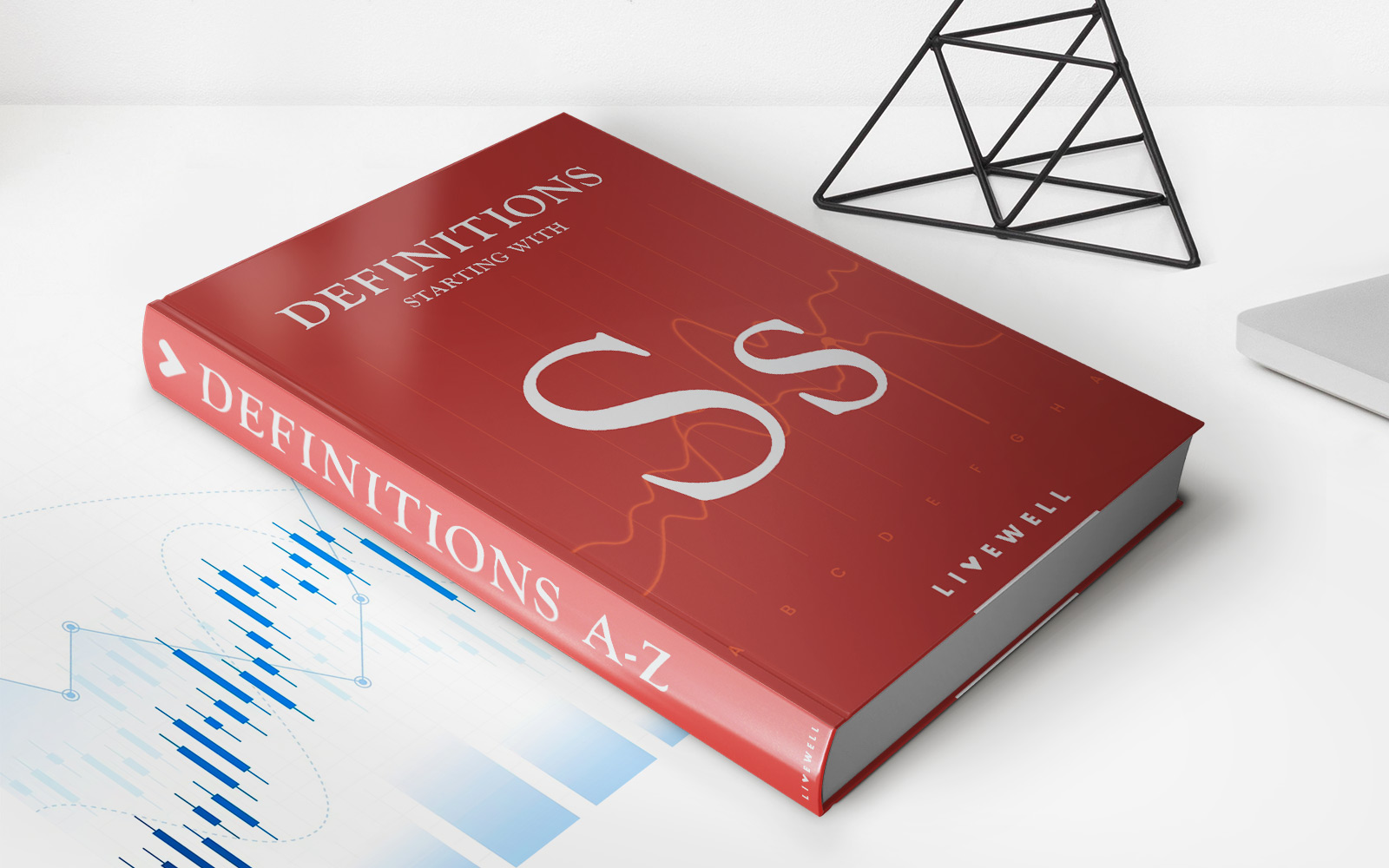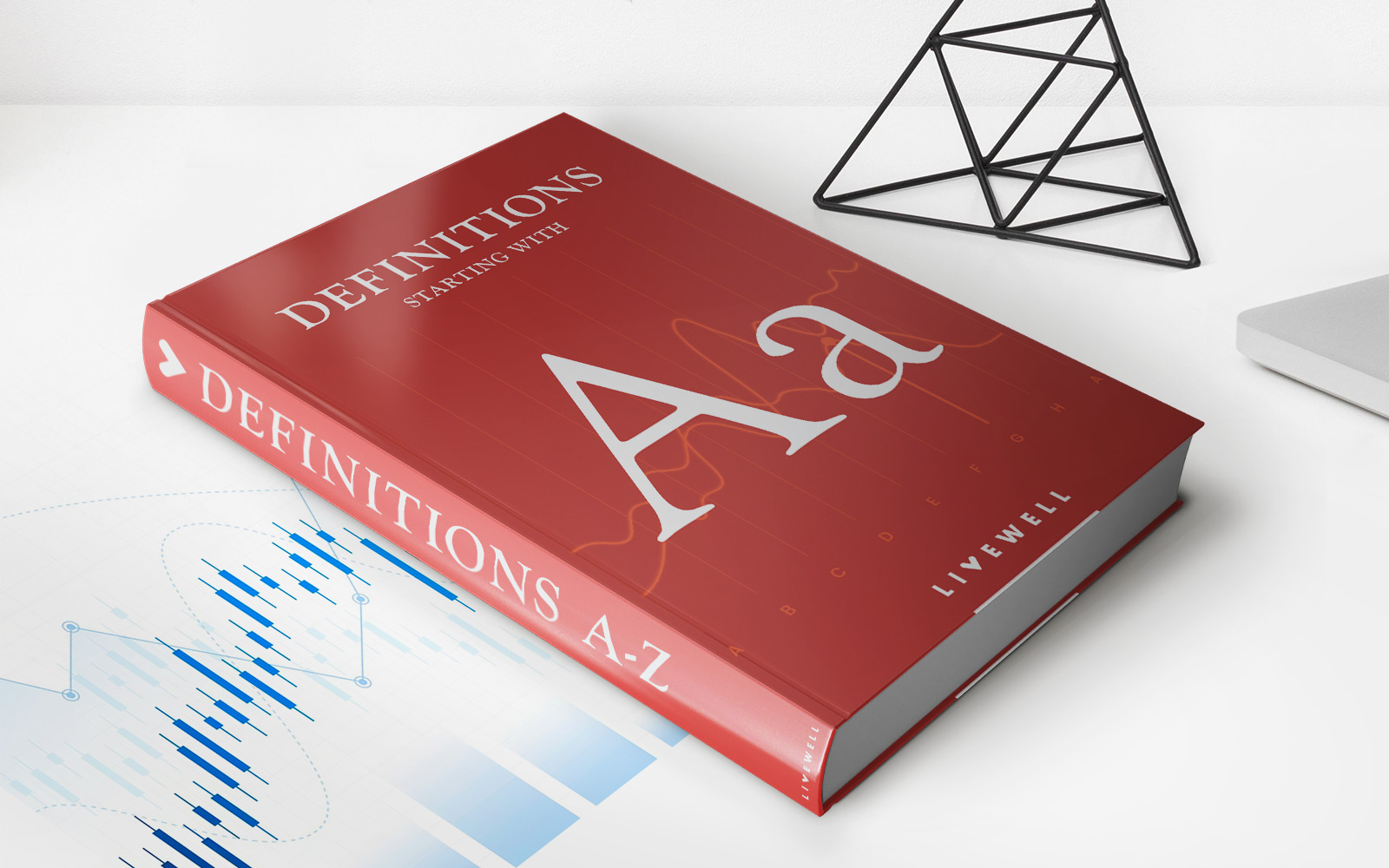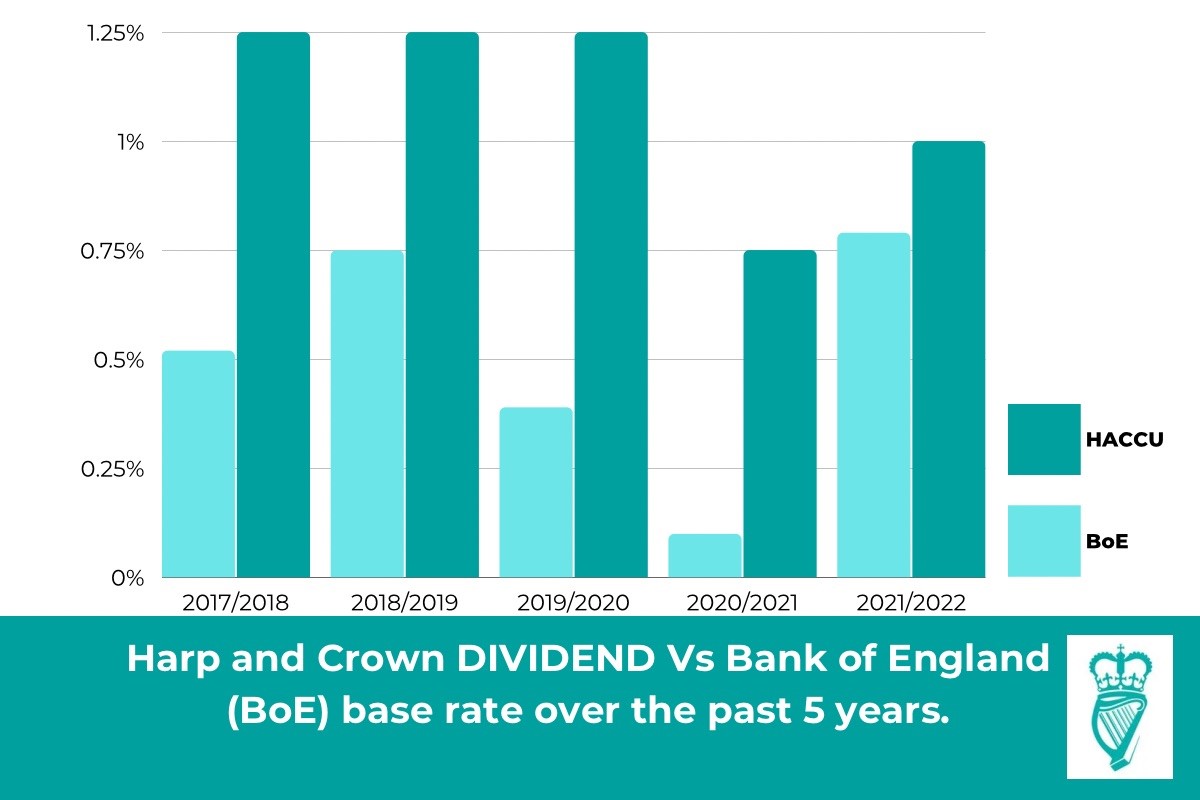Home>Finance>Over And Short: Definition And What It Means In Accounting


Finance
Over And Short: Definition And What It Means In Accounting
Published: January 4, 2024
Learn the definition of "over and short" in finance and understand its implications in accounting. Discover how this concept affects financial statements and cash management.
(Many of the links in this article redirect to a specific reviewed product. Your purchase of these products through affiliate links helps to generate commission for LiveWell, at no extra cost. Learn more)
Over and Short: Definition and What It Means in Accounting
Welcome to our Finance category, where we delve into the intricacies of financial management, accounting practices, and more. In this blog post, we will be focusing on an important concept in accounting known as “Over and Short.” If you’ve ever wondered what Over and Short means and how it affects financial records, you’re in the right place. So, let’s dive in!
Key Takeaways:
- Over and Short is an accounting term used to describe the discrepancy that arises when the actual cash or inventory count doesn’t match the recorded amounts.
- Overages occur when the counted amount exceeds the recorded amount, while shortages occur when the counted amount is less than the recorded amount.
Understanding Over and Short
Accounting is all about accuracy and ensuring that financial records are a true reflection of a company’s financial position. However, discrepancies occasionally occur, leading to differences between the recorded amount and the count of cash or inventory in hand. These discrepancies are known as Over and Short.
In simple terms, Over and Short refers to the variance that arises when the amount counted during a physical count or cash reconciliation doesn’t match the amount recorded in the books.
The Causes of Over and Short
Several factors can contribute to Over and Short situations in accounting. Some of the common causes include:
- Human Error: Mistakes made during data entry or during the physical counting process can lead to discrepancies.
- Theft or Fraud: Unfortunately, dishonest actions by employees or external parties can result in overages or shortages in cash or inventory.
- Recording Errors: Incorrect recording of transactions, such as double-counting cash inflows or outflows, can lead to discrepancies.
- System Glitches: Technological issues or glitches in accounting systems can also result in overages or shortages.
Addressing Over and Short
When an Over and Short situation arises, it’s essential to investigate the cause and take appropriate action to rectify the issue. Here are some steps to address Over and Short:
- Recount and Verify: The first step is to recount the cash or inventory to ensure the discrepancy was not due to an initial miscount.
- Review Transactions: Carefully review all recorded transactions in the books to identify any potential errors in recording.
- Investigate Discrepancies: If theft or fraudulent activity is suspected, conduct a thorough investigation to identify the responsible parties and take appropriate action.
- Implement Controls: Put in place robust internal controls to minimize the occurrence of Over and Short situations in the future.
- Adjust the Books: Finally, make the necessary adjustments in the accounting records to reflect the accurate cash or inventory count.
Conclusion
Over and Short may seem like a straightforward concept, but it can have a significant impact on the accuracy of financial records. By understanding the causes and taking appropriate measures to address discrepancies, businesses can ensure the integrity of their financial statements. Remember, accuracy is key when it comes to accounting, and by staying vigilant, you can minimize the occurrence of Over and Short situations in your organization.














